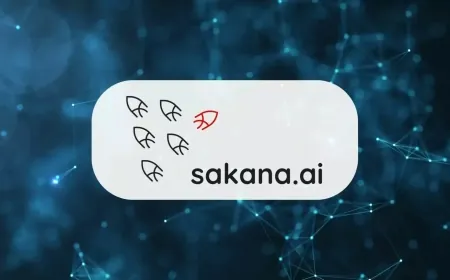From Fiction to Fact: How ChatGPT's Technology Brings Mind-Reading Closer to Reality
Breakthroughs in Brain Decoding using AI. Learn how UT Austin researchers transform brain activity into words. Explore the impact and ethical considerations.

In a recent groundbreaking study conducted at the University of Texas in Austin, researchers have made remarkable progress in translating brain activity into comprehensible words using artificial intelligence technology. This significant breakthrough has the potential to revolutionize communication for individuals who have lost their ability to speak, offering new hope and possibilities. While the technology is still in its early stages, the researchers envision a future where brain decoding could assist people with conditions such as "locked-in" syndrome or stroke victims. However, concerns surrounding privacy and ethical implications must also be addressed as this technology continues to evolve.
Decoding Brain Activity:
During the study, participants, including Alexander Huth, an assistant professor of neuroscience and computer science, volunteered to spend hours inside fMRI machines while listening to specific audio clips. The fMRI machines captured detailed images of their brain activity, and an artificial intelligence model trained on extensive language databases analyzed the correlation between brain patterns and the audio stimuli. Over time, the AI model became capable of predicting the words participants were hearing based solely on their brain activity.
The Potential Applications:
The implications of this technology for individuals who have lost their ability to speak are immense. By bypassing traditional speech pathways and directly interpreting brain activity, it could offer a lifeline for those who struggle to communicate. "Ours is the first demonstration that we can get this level of accuracy without brain surgery. So we think that this is kind of step one along this road to actually helping people who are unable to speak without them needing to get neurosurgery," explained Huth.
Privacy Concerns and Ethical Considerations:
While the progress made in brain decoding is undoubtedly impressive, concerns about privacy and potential misuse of the technology have arisen. Researchers emphasize the need to keep brain data private and secure, stressing that it should be treated as the "final frontier" of personal privacy. To ensure consent and protect against potential abuses, brain scans must take place in controlled environments with the subject's explicit permission. Researchers also caution against misconceptions, pointing out that the technology cannot delve into an individual's innermost thoughts or extract small, private details. Instead, it focuses on deciphering broader ideas and stories.
Looking Ahead:
As this technology evolves, it is crucial to strike a balance between its immense potential and the ethical considerations that come with it. Industry leaders, including OpenAI CEO Sam Altman, have called for responsible development and regulation to prevent potential harm. Lawmakers, too, need to address these concerns, safeguarding mental privacy and ensuring the protection of "brain data." Although the current capabilities of brain decoding are limited, ongoing advancements in AI hold the promise of refining and expanding its capabilities.
Conclusion:
The recent progress in translating brain activity into understandable words represents a significant leap forward in the field of non-verbal communication. The ability to decode brain patterns and convert them into spoken language has immense implications for individuals who are unable to speak. However, while celebrating these advancements, it is crucial to approach this technology with caution, addressing privacy concerns and developing appropriate regulations. With responsible development, brain decoding could pave the way for a new era of communication and offer hope to those who have long been voiceless.
Also Read: Google DeepMind CEO Predicts AI Will Achieve Human-Level Intelligence Within 5 Years
































































